Determining if Open-pollinated or Hybrid
Robin282
18 years ago
Related Stories

KITCHEN DESIGNOpen vs. Closed Kitchens — Which Style Works Best for You?
Get the kitchen layout that's right for you with this advice from 3 experts
Full Story
MOST POPULARIs Open-Plan Living a Fad, or Here to Stay?
Architects, designers and Houzzers around the world have their say on this trend and predict how our homes might evolve
Full Story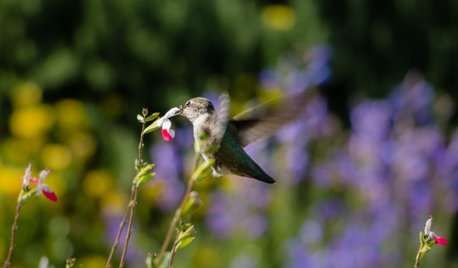
GARDENING GUIDESAttract Hummingbirds and Bees With These Beautiful Summer Flowers
Roll out a welcome mat for pollinators to keep your landscape in balance and thriving
Full Story
FARM YOUR YARDHello, Honey: Beekeeping Anywhere for Fun, Food and Good Deeds
We need pollinators, and they increasingly need us too. Here, why and how to be a bee friend
Full Story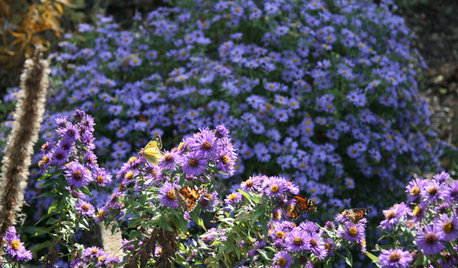
FLOWERS15 Native Flowers That Attract Butterflies
By picking plants from this list that are right for your location, you’ll get colorful blooms and support pretty pollinators
Full Story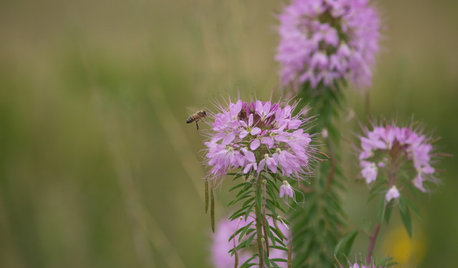
GARDENING GUIDESGreat Design Plant: Cleome Serrulata
Beckon bees and other pollinators in for a drink of nectar from this western U.S. native’s late-summer flowers
Full Story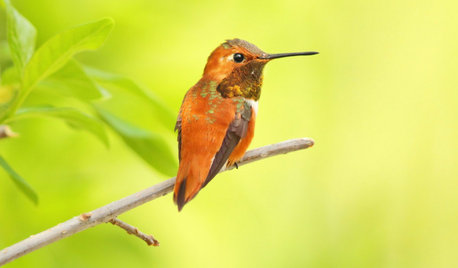
GARDENING GUIDESBackyard Birds: Invite Entertaining Hummingbirds Into Your Garden
Hummingbirds — unique to the Americas — zip through open landscapes seasonally or year-round. Here’s how to attract them
Full Story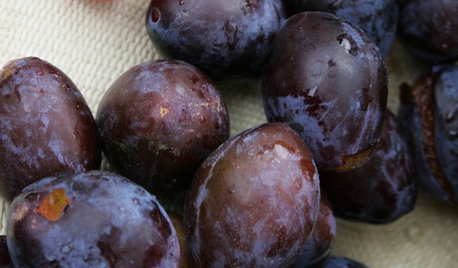
FRUIT TREESHow to Grow Your Own Juicy Plums
Easier than other stone fruits and with a variety of colors to choose from, plums are a versatile garden addition
Full Story
EDIBLE GARDENSSummer Crops: How to Grow Tomatoes
Plant tomato seedlings in spring for one of the best tastes of summer, fresh from your backyard
Full Story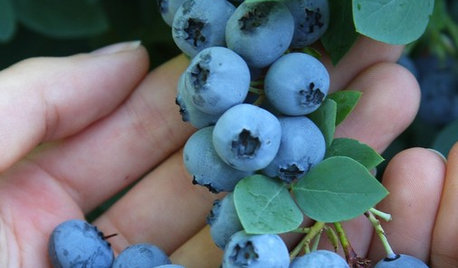
EDIBLE GARDENSSummer Crop: How to Grow Blueberries
Plant blueberries in spring or fall for garden beauty through three seasons — and a sweet superfood in summer
Full Story





magus
admmad
Related Professionals
Reading Landscape Architects & Landscape Designers · Kyle Landscape Architects & Landscape Designers · Port Royal Landscape Architects & Landscape Designers · McKinney Landscape Contractors · Norwood Landscape Contractors · Canyon Lake Landscape Contractors · Davidson Landscape Contractors · El Mirage Landscape Contractors · Franklin Landscape Contractors · Mashpee Landscape Contractors · Midland Landscape Contractors · Oklahoma City Landscape Contractors · Pleasant Hill Landscape Contractors · Dallas Roofing & Gutters · Minneapolis Roofing & Gutters